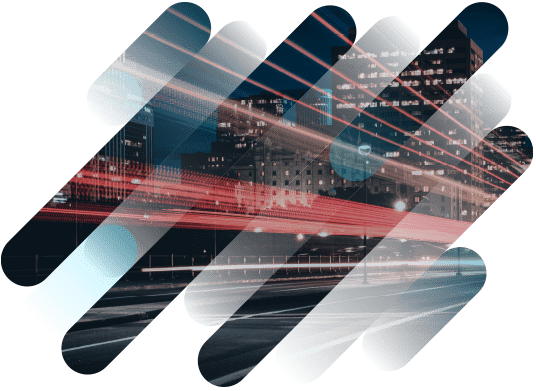Discover how Myra combines digital sovereignty and cyber resilience.
Home>
Passenger services

Myra Security offers
custom solutions for passenger services

Comprehensively certified
ISO 27001 based on BSI IT-Grundschutz, PCI-DSS, Trusted Cloud, BSI C5 typ 2

Audited
GDPR and IT-SiG compliant, BSI-KRITIS certified

Security Operations Center
24/7 full-service support from our IT experts

High scalability
Quick installation and easy operation

Made in Germany
Development and operation entirely in Germany

Many years of experience
Myra is specialized in the protection of critical infrastructure






Our technologies for protecting passenger services
As an upstream filter, Myra Application Security protects your web applications. Malicious traffic is filtered before it reaches your servers or cloud architecture. Using Myra’s multi-fingerprinting features, any applications attempting to access the servers are clearly identified and displayed in Myra Analytics.
About Myra Application SecurityMyra DDoS Protection automatically protects online tools, websites, and the DNS servers and IT infrastructure required for communication. Myra fulfills all 37 performance requirements defined by the German Federal Office for Information Security (BSI) for qualified DDoS protection providers. As such, highly sensitive infrastructure is in safe hands with Myra.
About Myra DDoS ProtectionDo you have
questions?
Please contact us via contact form or call us at:
+49 89 414141 - 345.



